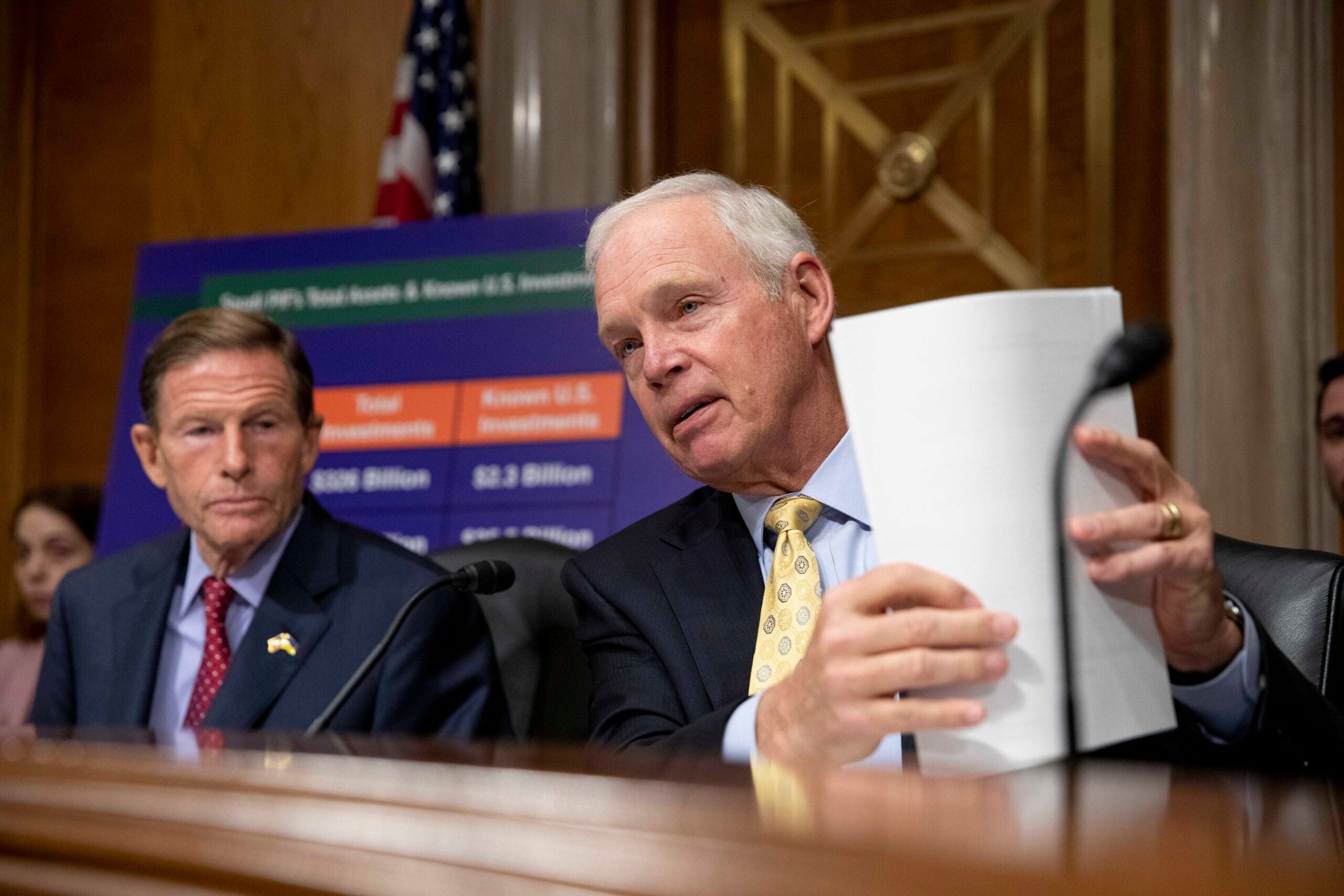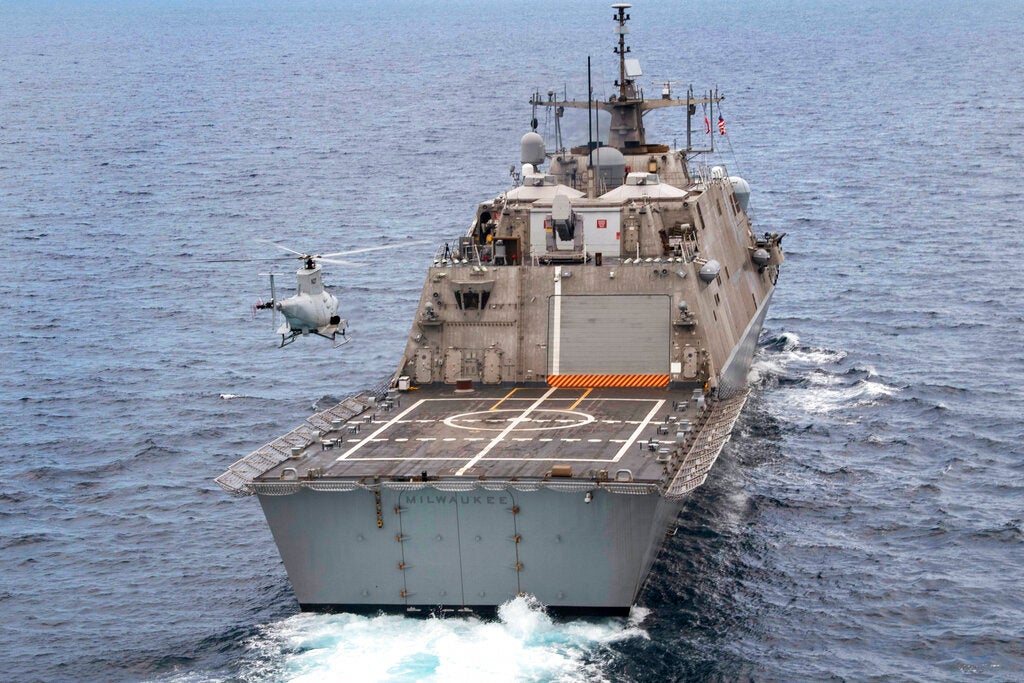Despite Wells Fargo creating millions of fraudulent bank accounts, customers may not be able to take the company to court due to mandatory arbitration clauses. We find out what such clauses stipulate and why more companies are including them in their fine print. With the fall of Aleppo to pro-Assad forces, we look at U.S. policy towards Syria and what options, if any, remain. President-elect Donald Trump will be taking office during an era of major change in the U.S. and the world. Our guest offers advice for leading during such a time and lays out four possible paths for the incoming administration.
Featured in this Show
-
What The Fall Of Aleppo To Syrian Government Forces Means To The U.S.
Wednesday a cease-fire in eastern Aleppo, Syria was broken, stalling a planned evacuation of civilians. Russia and Turkey struck a deal in which the last remaining fighters were scheduled to evacuate rebel-held territory under a cease-fire, giving the city of Aleppo to forces loyal to President Bashar al-Assad. But artillery shelling began again early Wednesday on the Eastern neighborhoods of Aleppo. We talk about the significance of the fall of this city to U.S. foreign policy.
-
What Role US Will Play Now That Aleppo Has Fallen
Artillery shelling began in the Eastern neighborhoods of Aleppo, Syria, early Wednesday, breaking a cease-fire agreement and stalling a planned evacuation of civilians. Russia and Turkey struck a deal in which the last remaining fighters were scheduled to evacuate rebel-held territory under a cease-fire, giving the city of Aleppo to forces loyal to Syrian President Bashar al-Assad.
People on the streets of the eastern part of the city said the situation is dire, with people bleeding to death in the streets and unbearable scenes.
“This is one of the worst humanitarian crises since World War II,” said Robin Wright, joint fellow at the Woodrow Wilson Center and the U.S. Institute of Peace. She said about half a million people have died in this conflict so far.
The Middle East expert explained there are many wars playing out in Syria right now: the one between Assad and the rebels, who emerged out of the Arab Spring; a second war between the Islamic State and both the rebels and the regime; a third war between proxies in the region, Saudi Arabia and Iran; the sectarian war between Sunnis and Shiites; and the international war which pits the United States against Russia.
So far, Wright said, U.S. interests and allies haven’t won in any round in any of these conflicts.
“The tragedy is that there were never any really attractive or appealing or effective solutions or options for the United States,” Wright said. She compared what U.S. assistance could have been to what American forces did in Iraq. Americans generally weren’t interested in getting involved in another war after what happened in Afghanistan.
Under President Barack Obama’s administration, the U.S. has supported some of the Syrian rebels. But President-elect Donald Trump has said in debates and in other settings that he might see the Syrian regime and the Russians as potential allies. Wright said it’s hard to tell what Trump will do, since he’s been all over the map when it comes to Middle East issues, but he has said repeatedly that he sees a different kind of solution for Syria.
“If that happens, and Washington and Moscow end up with a joint plan, it would effectively mean the continuation of the rule of President Assad, which the U.S. has opposed for a very long time,” Wright said. “It would also mean siding with Iran, which has been a major prop for the Syrian regime.”
The fall of Aleppo is a big win for the Assad regime. Wright said Assad is probably going to stay around in the short term, although she said he would probably face more challenges in the future. Wright said Russia would be glad to see the Syrian regime remain in power.
“It’s clear that the Russians particularly would like to see President Assad regain control over as much territory as possible before the inauguration of President-elect Trump because it would like to see the Assad dynasty to become a fait accompli, something that the United States couldn’t change,” she said.
The biggest challenge Wright sees in this region is how to rebuild Syria in the face of such polarization.
-
In The Fine Print: Wells Fargo Scandal Highlights Mandatory Arbitration
Employees at Wells Fargo created two million fraudulent bank accounts for customers–but those customers may not be able to take them to court, because of mandatory arbitration clauses. A guest says more and more companies are putting arbitration in their fine print, and that can be bad news for consumers.
-
Presidential Leadership Advice: Leading In A Time Of Megachange
President-elect Donald Trump enters office in a time of major change in the United States and around the globe. A guest shares advice on leadership in a time of megachange–and lays our four possible paths for the incoming administration.
Episode Credits
- Rob Ferrett Host
- Veronica Rueckert Host
- Amanda Magnus Producer
- Rob Ferrett Producer
- Robin Wright Guest
- Bill Lueders Guest
- Darrell West Guest
Wisconsin Public Radio, © Copyright 2024, Board of Regents of the University of Wisconsin System and Wisconsin Educational Communications Board.


